
Commercial Trucking and the Road from Prison to Poverty Wages
My checks came out to $300-400 weekly for about 70 hours of labor.

My checks came out to $300-400 weekly for about 70 hours of labor.
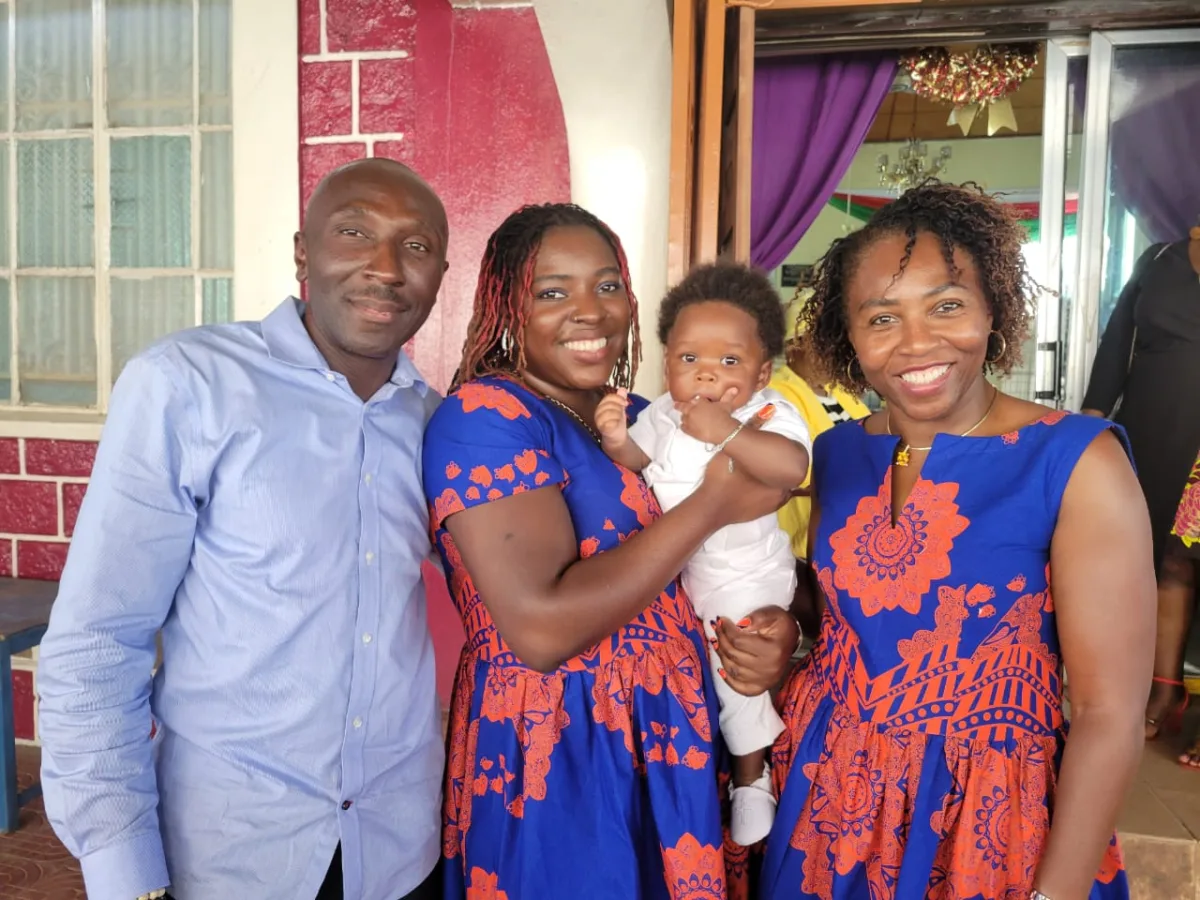
Samuel Anthony moved away from Sierra Leone at six years old. That didn’t stop the U.S. from deporting him to a country where he doesn’t know anyone and doesn’t speak the most common language.
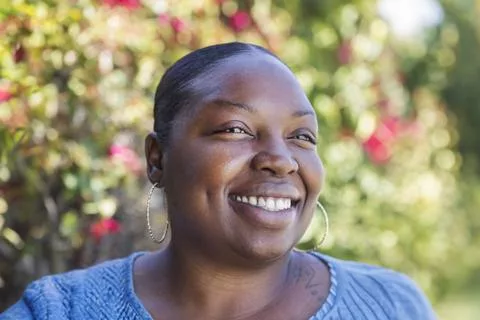
More than 70 million people in the U.S. have criminal convictions on their records. An expert talks with The Appeal about how they can break barriers.
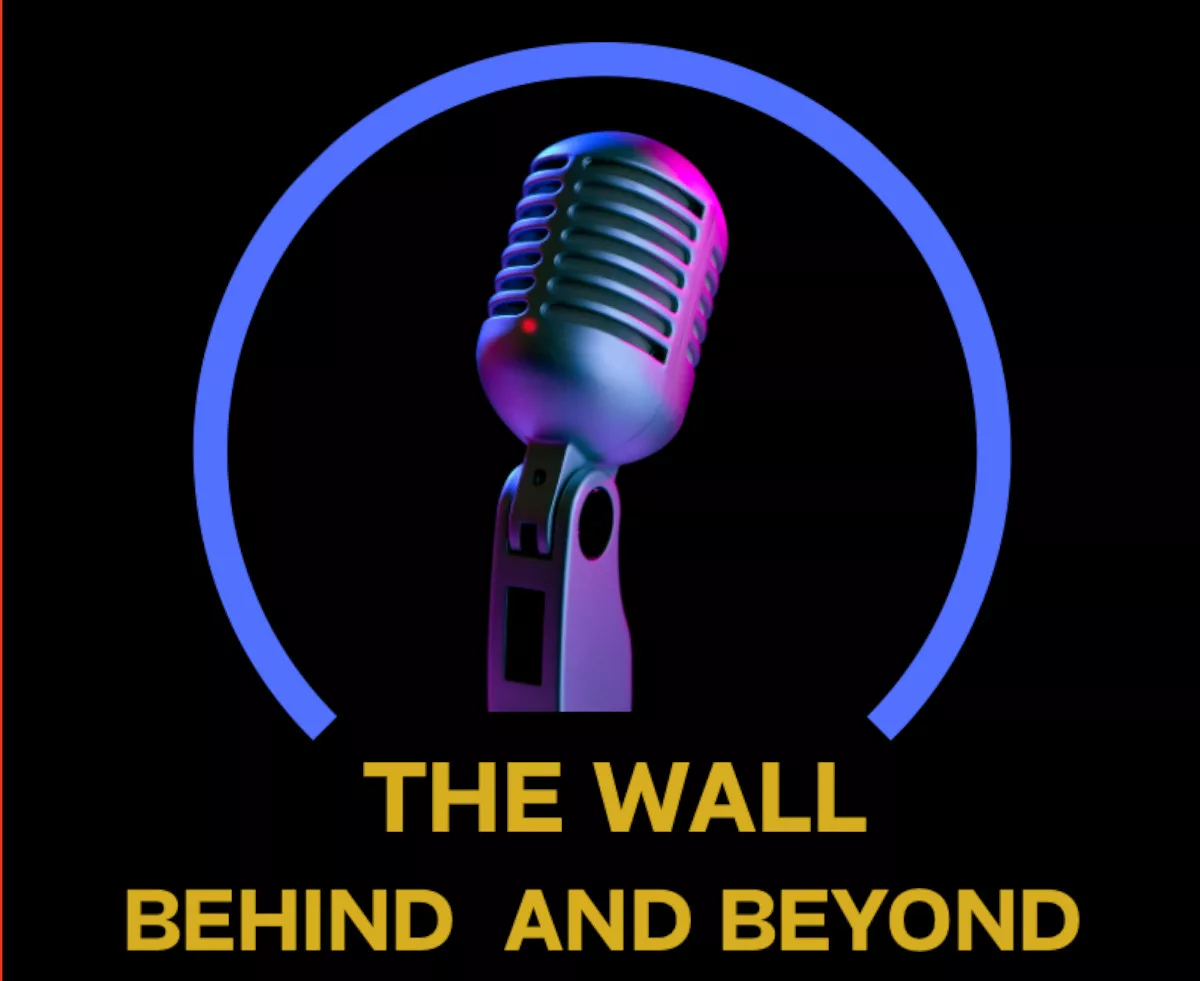
David Shipley tells Phillip A. Jones, who has spent more than 30 years in U.S. prisons, about his experiences in a British “open prison.”
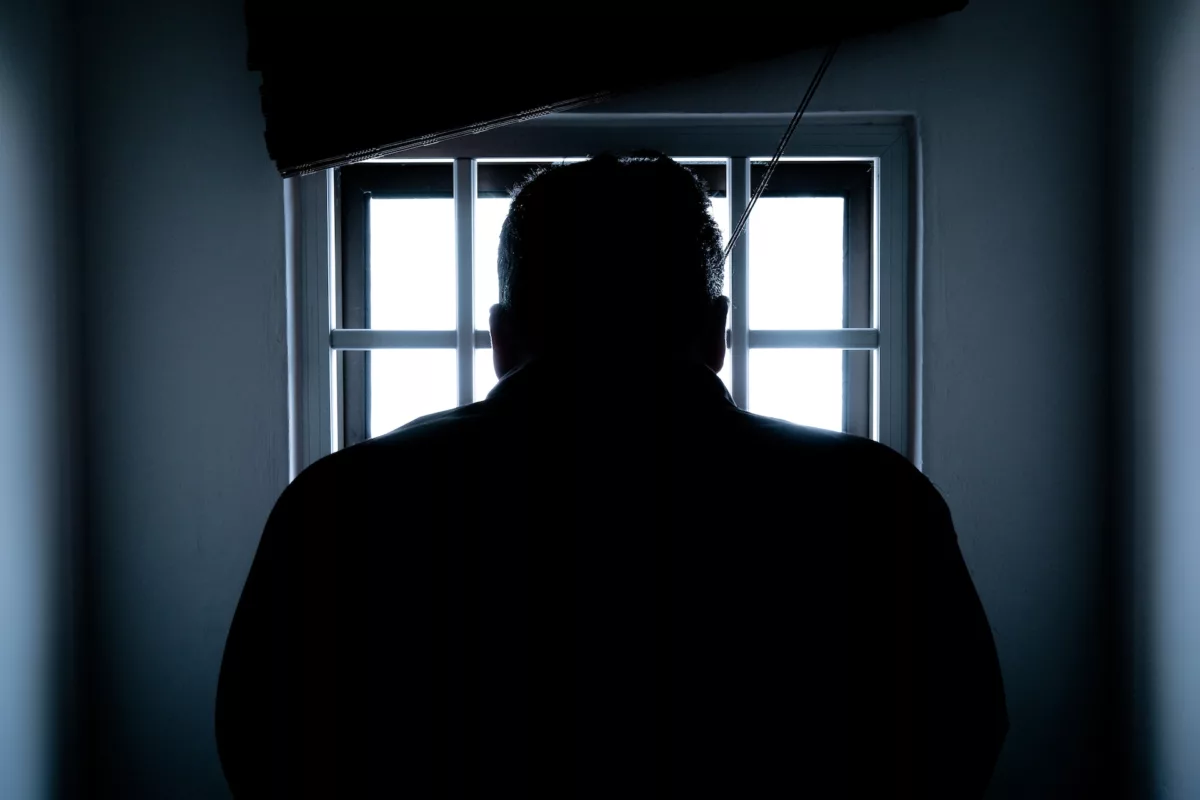
Incarcerated writer Nick Hacheney is getting ready to leave after being incarcerated for more than 20 years. He’s glad he’ll have his freedom—but he’s also worried about the lack of care for longtime prisoners, the trauma he’s endured, and what the world outside holds.

Federal lawmakers are asking the National Institute of Mental Health to research the condition—also known as post-incarceration syndrome—and share its findings with lawmakers.

Criminal background checks have become nearly ubiquitous in many settings. But experts warn that reports can be deeply inaccurate, with some records databases containing “phantom crimes” that appear nowhere else in public record.
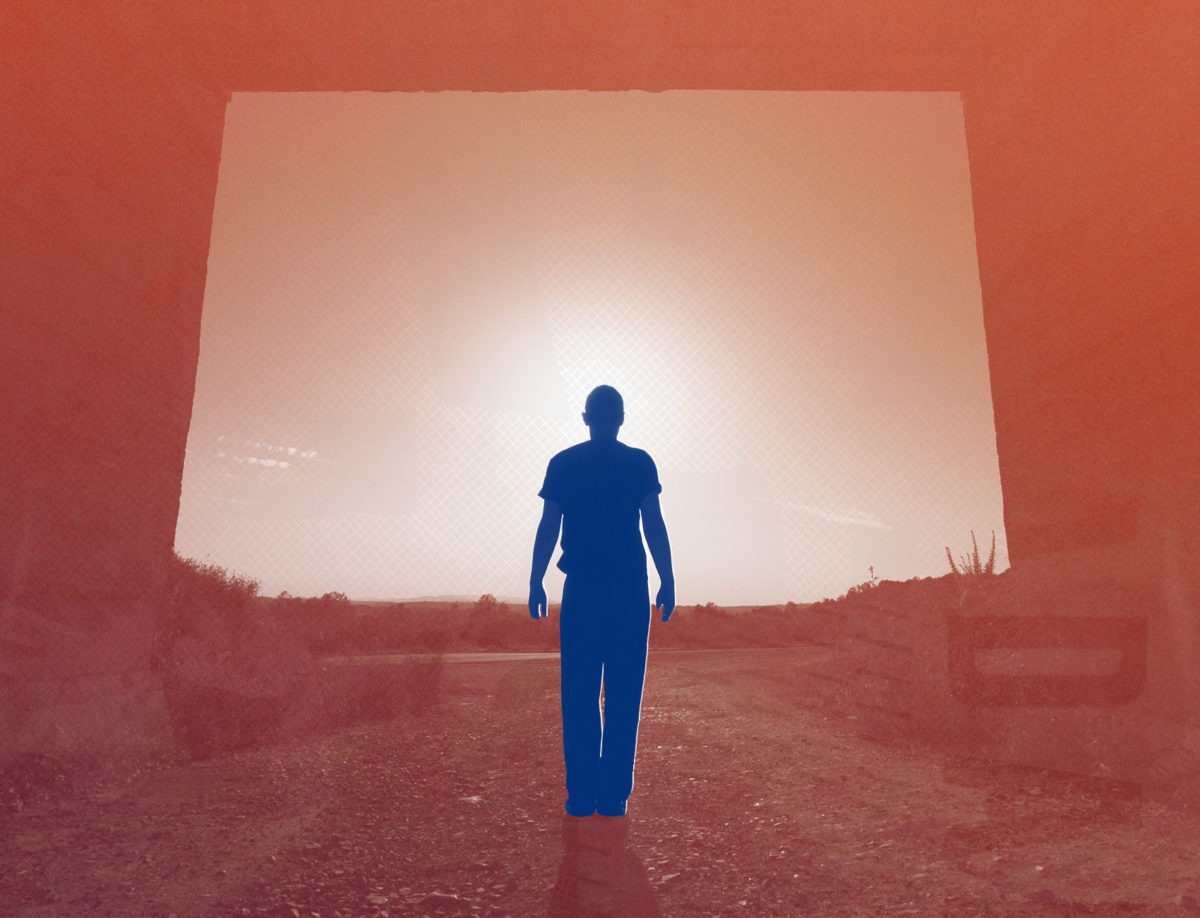
States must fund stable housing for all formerly incarcerated people to neutralize the spread of COVID-19 and create equitable opportunities for social reintegration.

A new report from the Prison Policy Initiative and VOCAL-NY analyzes residence data for incarcerated people and uses it to look at how incarceration relates to community well-being
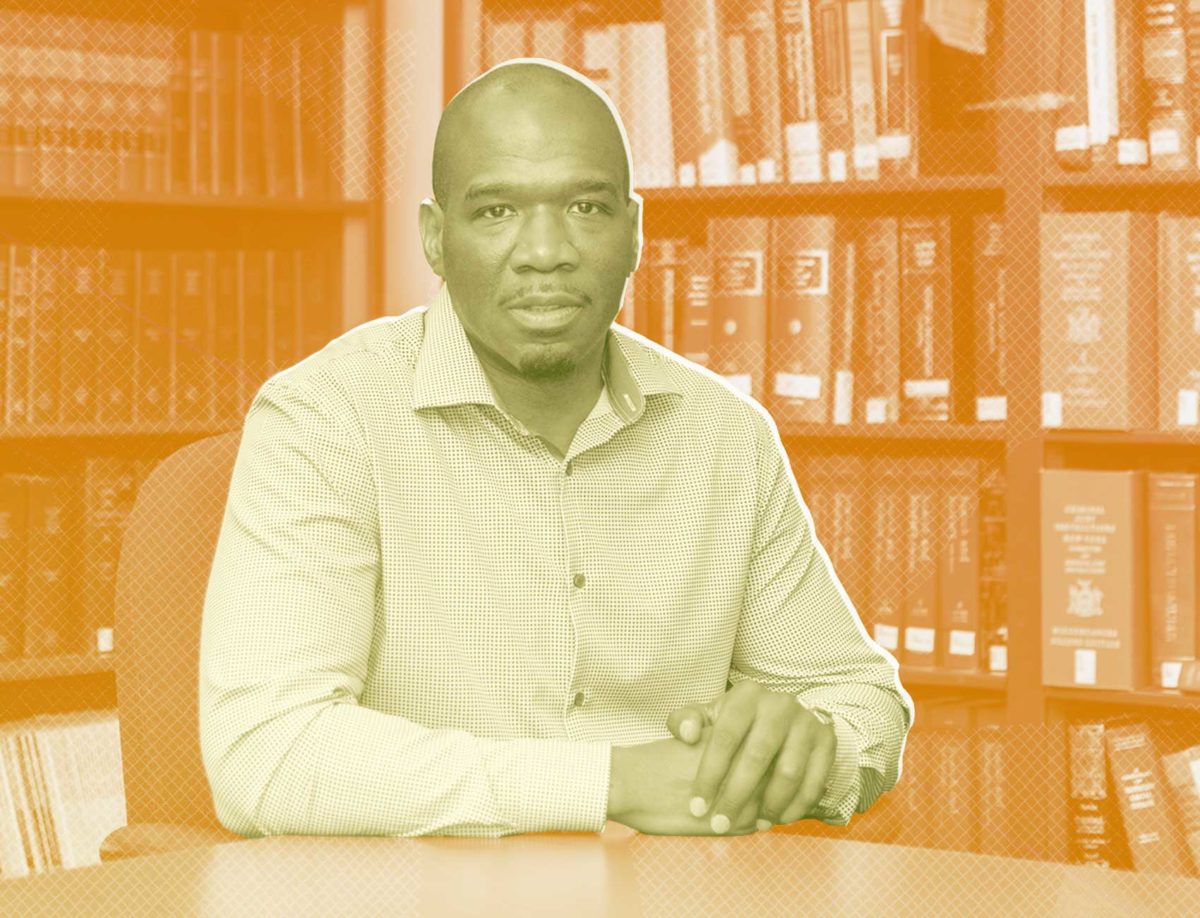
A year after Alfonzo Riley returned from prison, he’s helping to vet innocence claims.
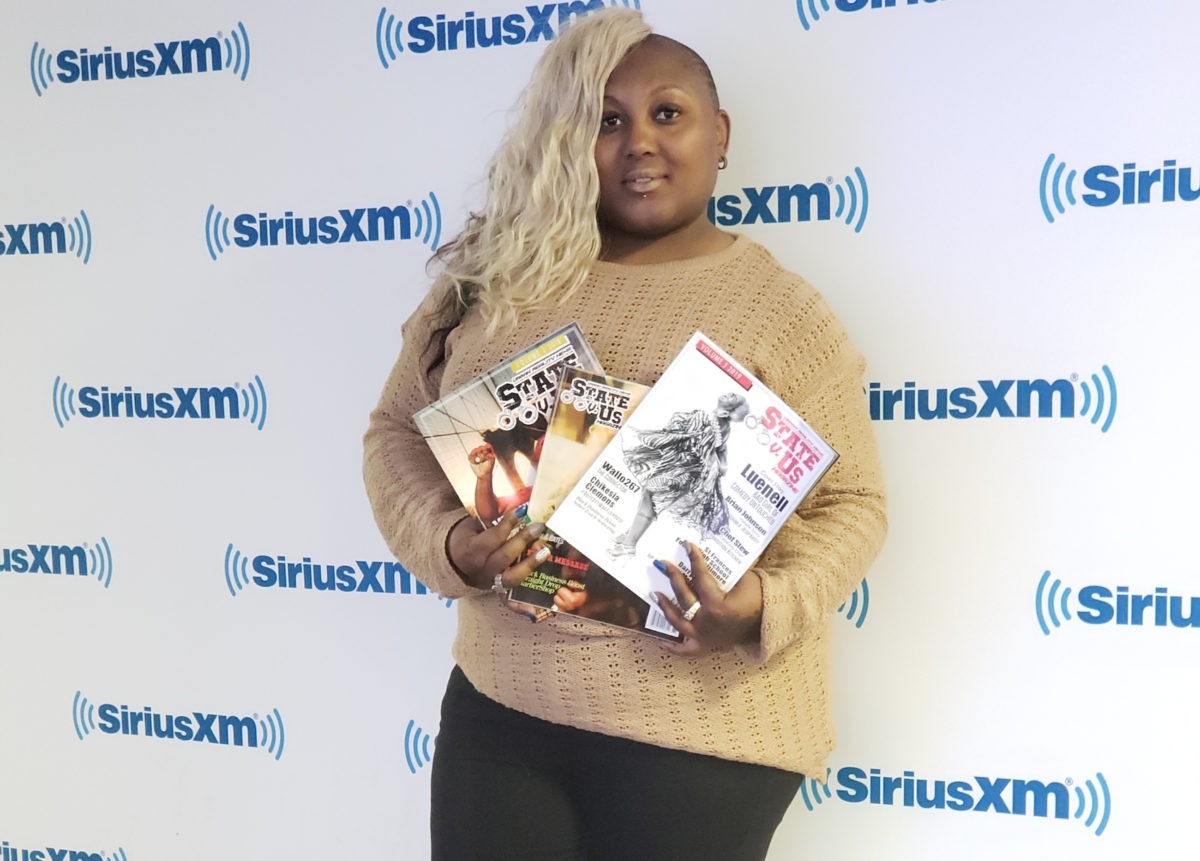
Tia Hamilton’s State v. Us focuses closely on the criminal legal system, especially as it applies to people of color, who are statistically overrepresented in the carceral system.
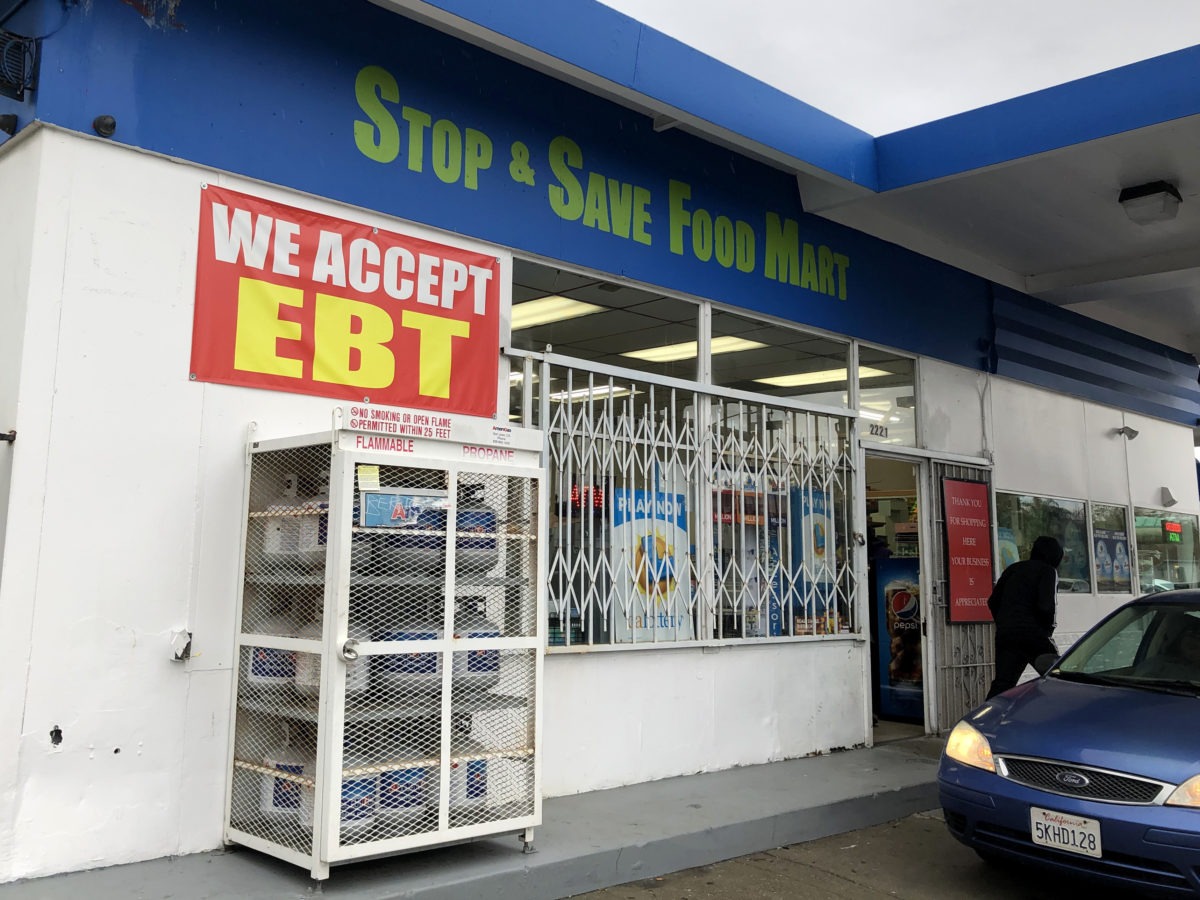
A rule restricting Supplemental Nutrition Assistance Program (SNAP) benefits will have profound consequences for people with criminal legal system involvement.
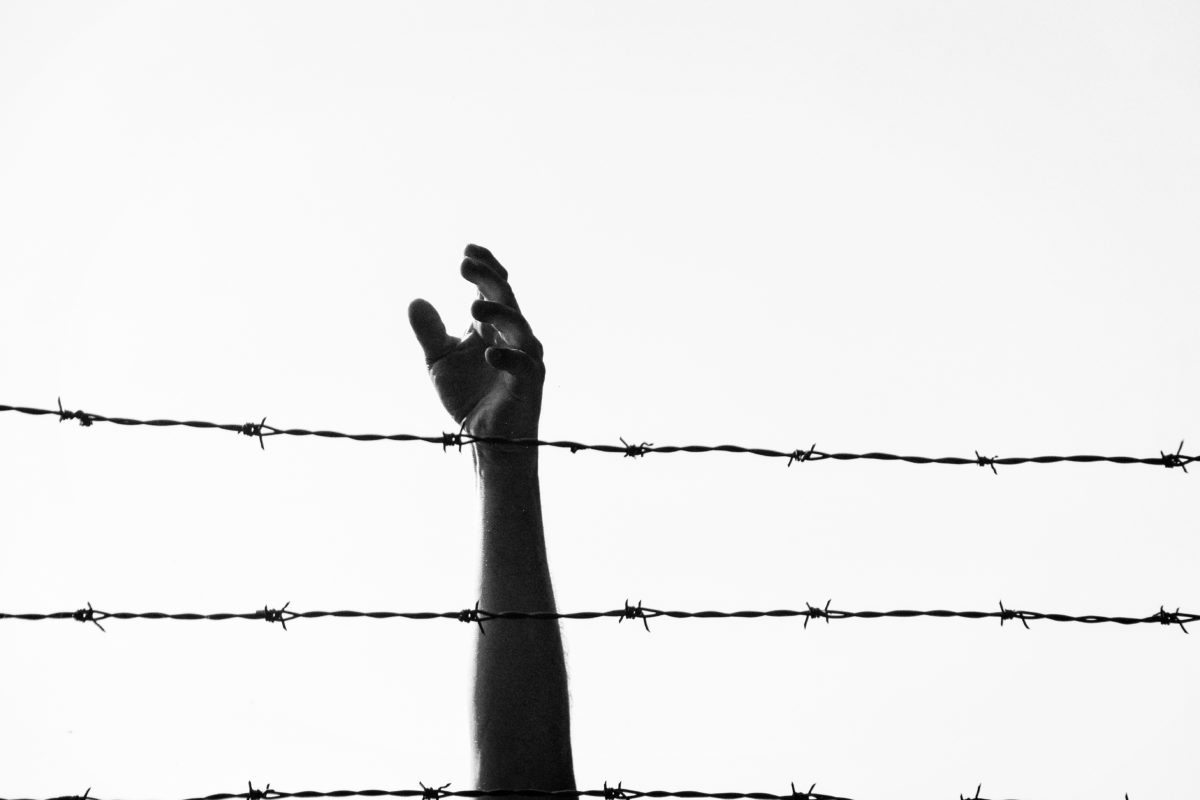
Something as basic as a government ID can be impossible to get, yet a requirement to have, for people returning home from prison.
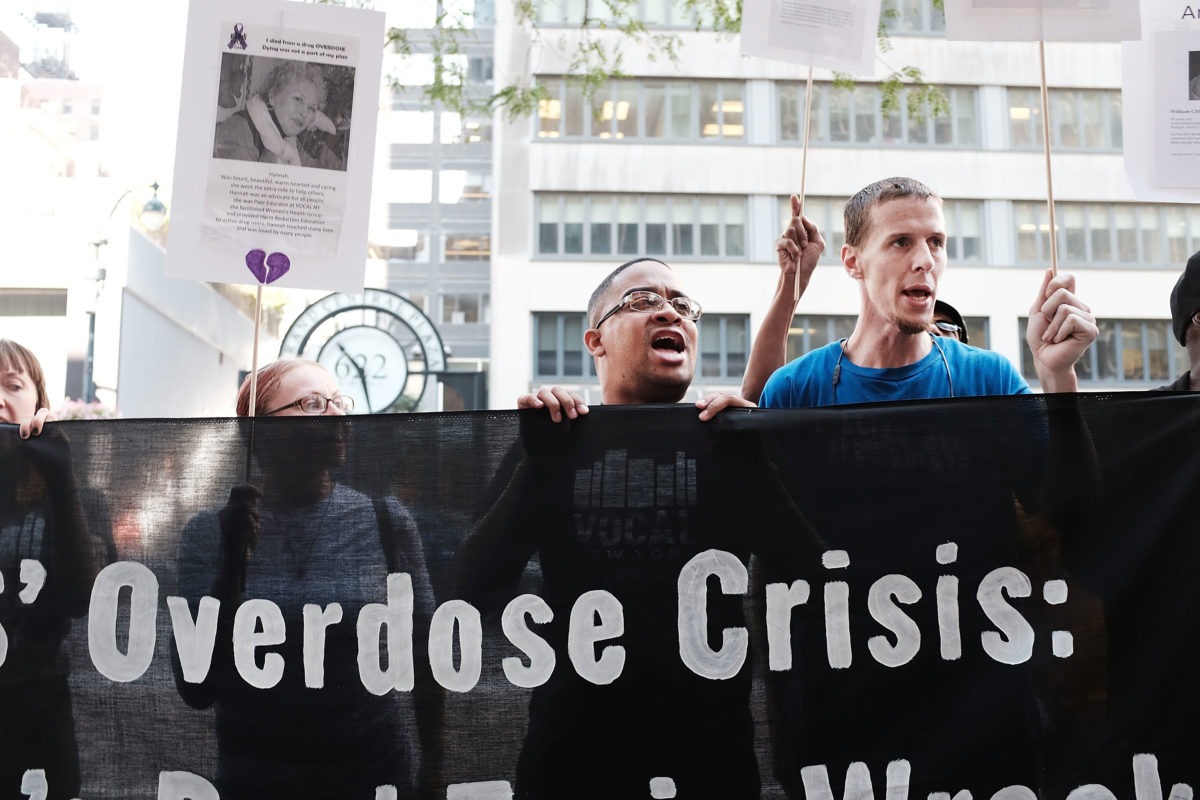
Federal policy denies incarcerated people Medicaid coverage, making re-entry a time of heightened health risks. Tracie Gardner of the Legal Action Center explains New York State’s effort to “break the cycle of justice-involvement, poor health, economic instability, and recidivism that plagues individuals and families throughout New York.”
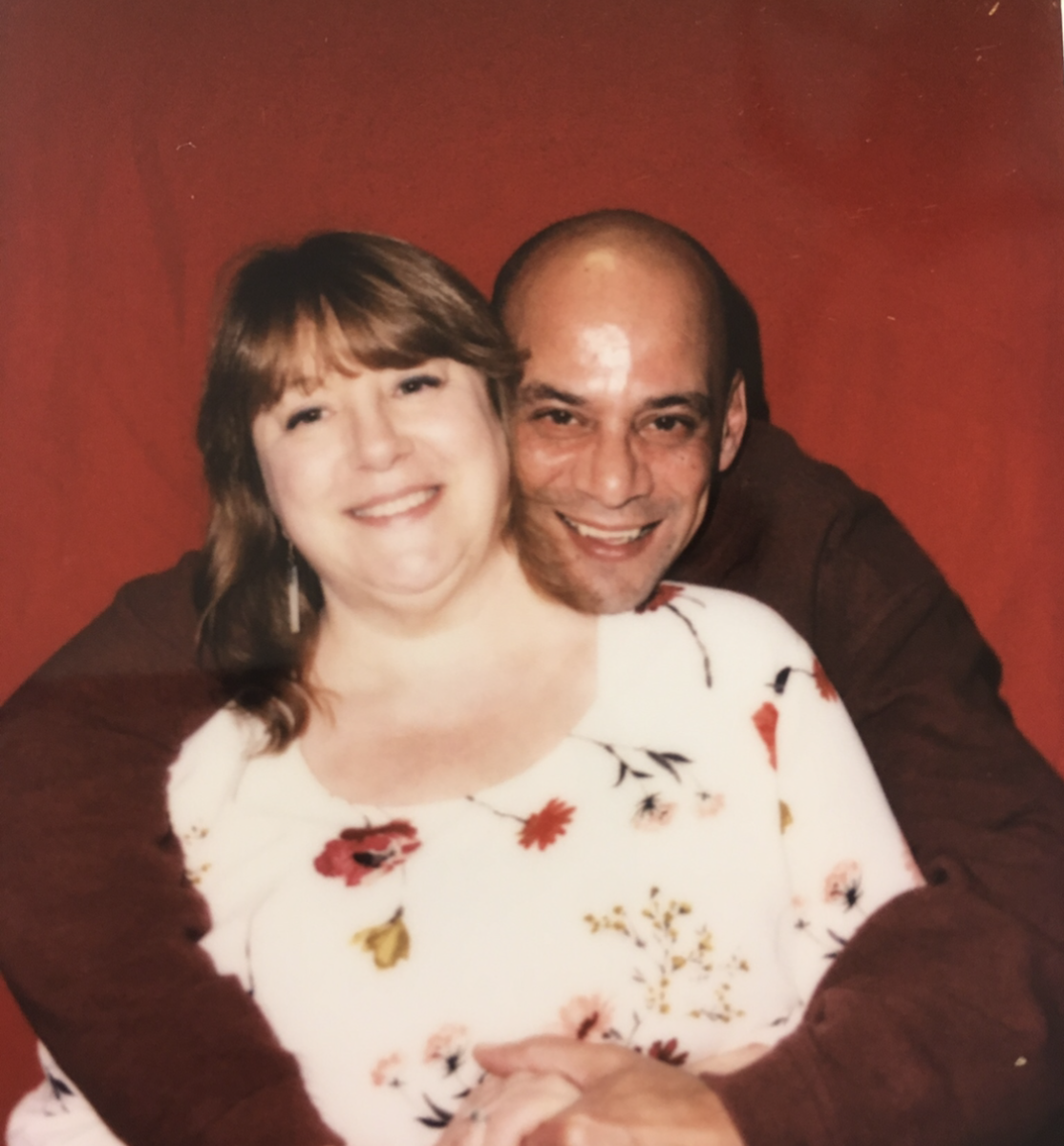
Richard Rivera served more than 38 years in prison after killing an off-duty NYPD officer during a botched armed robbery. He was released in July after being denied parole five times.
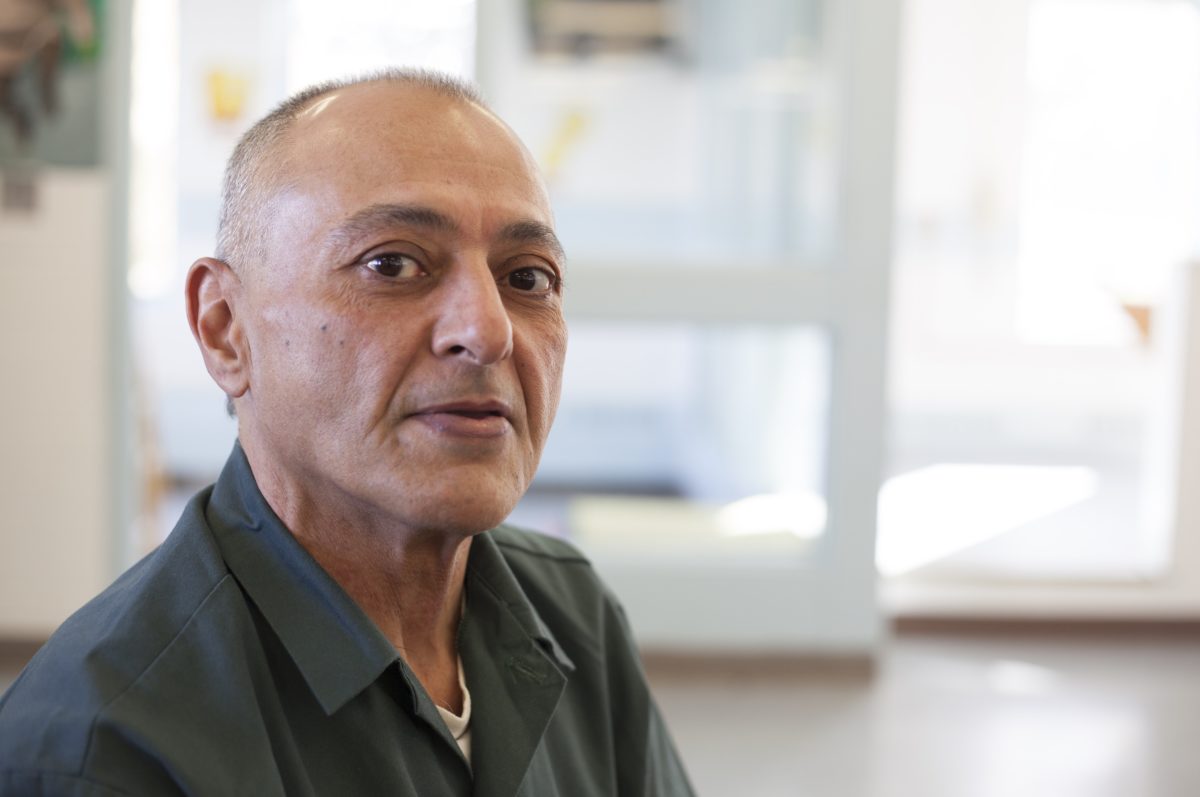
Imprisoned as a teen, Amer Zada is now eligible for release but can’t find approved housing—and a proposed law could make the problem worse.
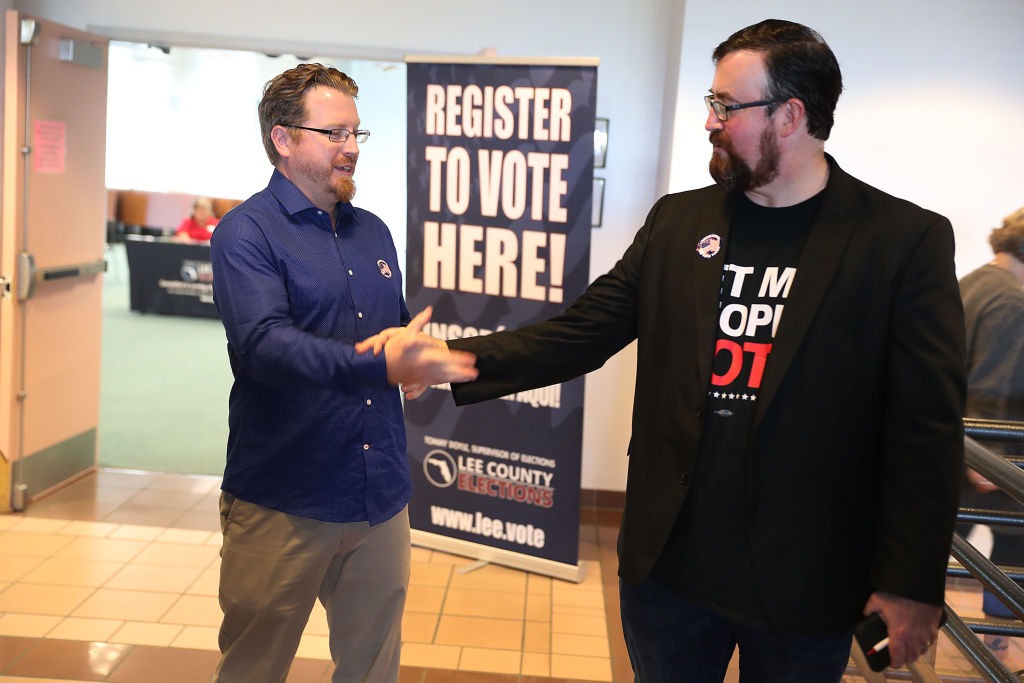
Florida is poised to pass a law that imposes a ‘poll tax’ on thousands of formerly incarcerated people.
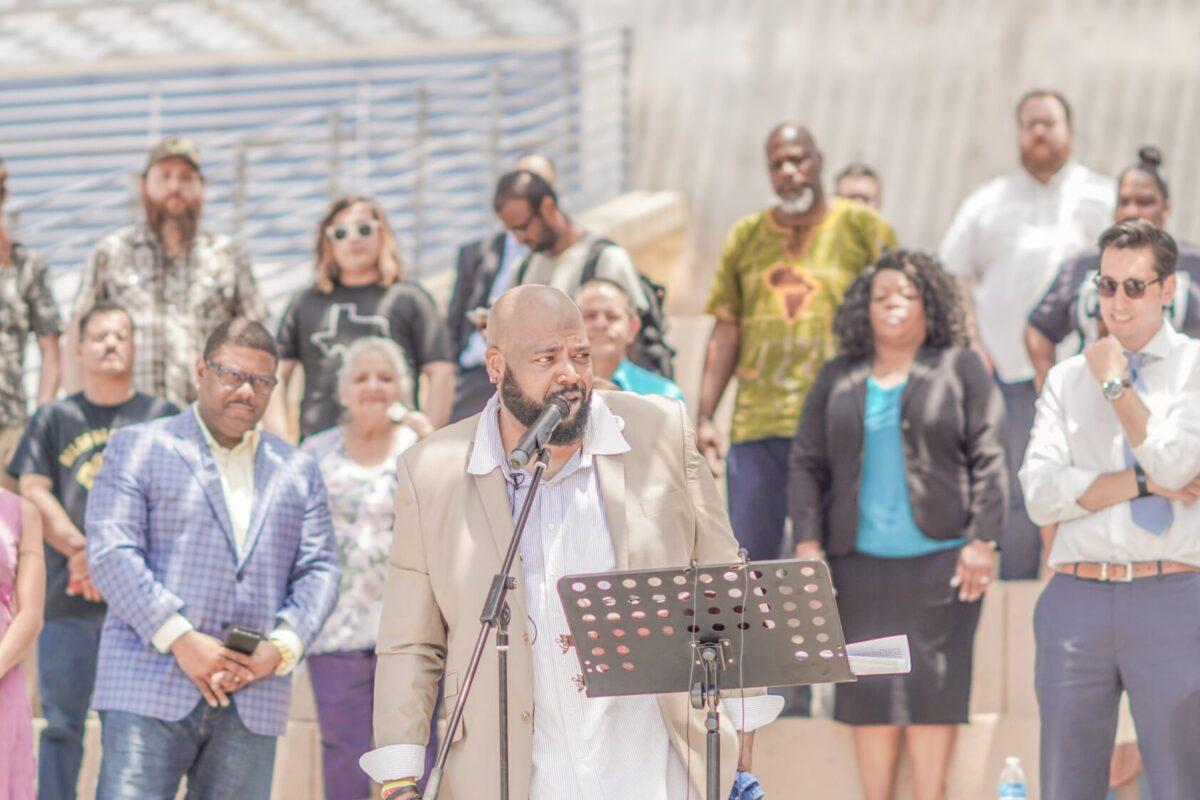
Lewis Conway Jr., a formerly incarcerated activist running for Austin City Council, sits down with The Appeal.

Houston has come up with a new way to make life harder for people leaving prison on parole: by forcing the programs that provide them with housing, often paired with job placement and other services, to move outside the city limits. At the end of March, the city council approved an ordinance that imposes new regulations and […]